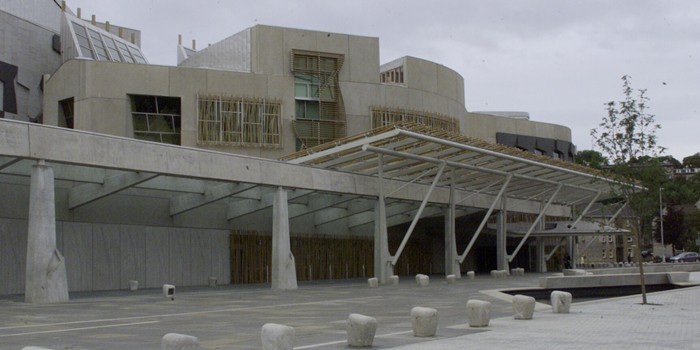Scottish prisoners could launch a wave of compensation claims if they are denied the right to vote in May’s Holyrood election, a top lawyer has warned.
The UK Government is planning to extend the franchise to prisoners for Westminster and European parliamentary elections following a ruling by the European Court of Human Rights (ECHR), but the changes which are expected to be brought forward by August will not affect Scottish Parliament elections.
Now Aidan O’Neill QC, a barrister expert in prisoners’ rights, has warned MPs that the elections to Holyrood and the Welsh Assembly would also be covered by the judgement.
“There are elections in May in Scotland and Wales,” he told the House of Commons political and constitutional reform committee. “Those elections under the current franchise will be incompatible (with the European Convention on Human Rights) again. There is an urgency about this.
“There could be a whole new raft of arguments about the legality of those elections, and the possibility of compensation claims. In order to avoid that, something has to be done very quickly.”
Prime Minister David Cameron has previously said the thought of prisoners voting made him feel “physically ill” and the Cabinet Office insisted there were no plans to allow prisoners to vote in the Holyrood election.
“The government has proposed that the right to vote will be restricted to UK Westminster Parliamentary and European Parliament elections only as that is the minimum currently required by law,” said a spokeswoman.Court ruling”Removing the blanket ban on prisoners voting is not a choice, but a legal obligation as a result of a court ruling. Failure to implement the ruling would not only put the government in breach of its international obligations, but risk paying out taxpayers’ money in compensation claims.
“The government will do the absolute minimum to meet its obligations and will ensure that the most serious offenders are barred from voting.”
Sentenced prisoners were originally denied the right to take part in ballots under the 1870 Forfeiture Act, a ban that was retained in the Representation of the People Act of 1983.
Following a legal challenge from prisoner John Hirst, in 2004 the ECHR ruled the blanket ban was discriminatory and breached the European Convention on Human Rights.
The former Labour administration at Westminster avoided making a definitive decision on the issue by launching a series of consultations however, the Council of Europe warned last year that the UK Government’s failure to comply with the ECHR ruling risked sparking many more compensation claims.
Labour’s justice spokesman at Holyrood, Richard Baker, said, “The Tories have flip-flopped over this issue twice now and it’s vital that the UK government publishes the basis of their legal advice on this matter as soon as possible.”
The Scottish Government has said it is “strongly opposed” to any serving prisoners getting the vote.
